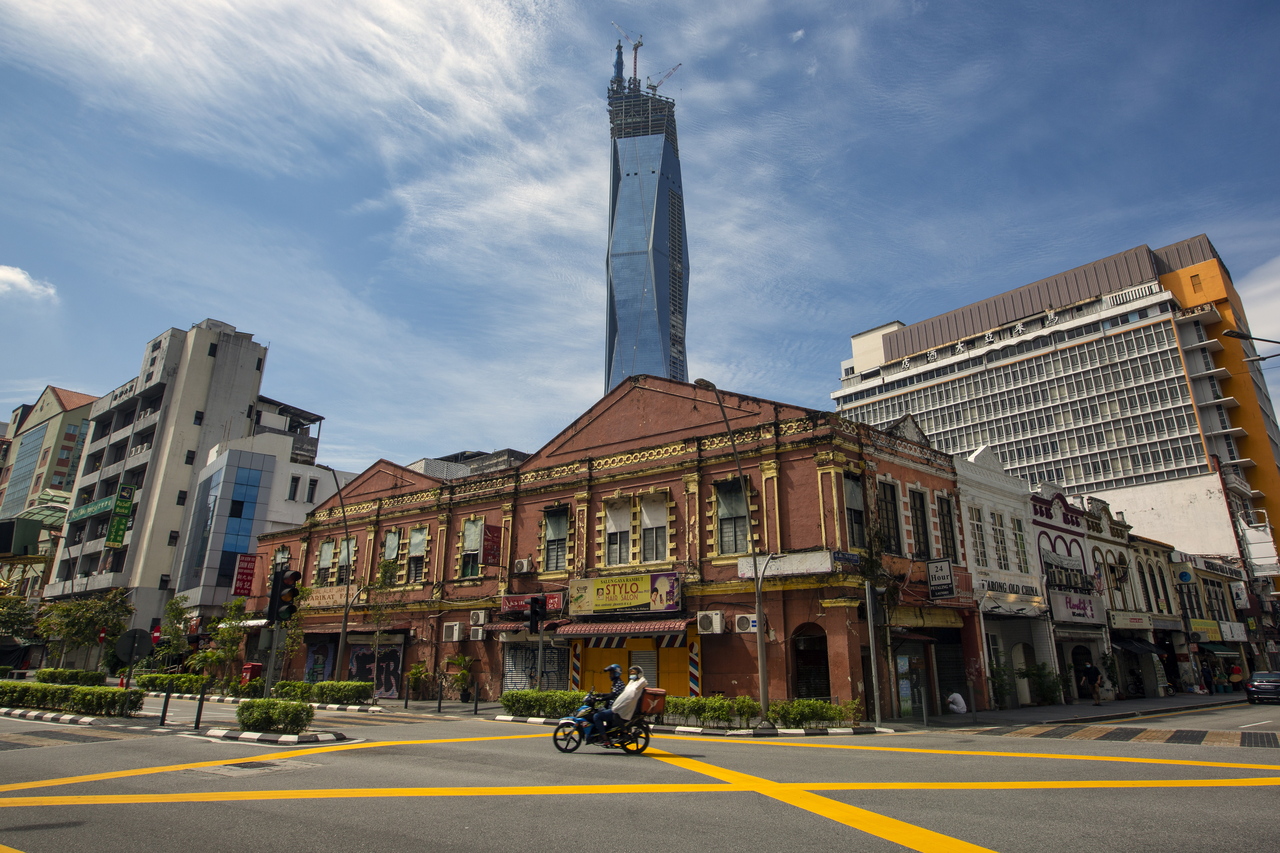Covid-19: Spa, massage outlet closures in Malaysia hit vulnerable groups especially hard
Sign up now: Get insights on the biggest stories in Malaysia

Malaysia is still in the first phase of recovery, and has not shown any signs of transitioning to the second phase.
PHOTO: EPA-EFE
KUALA LUMPUR - Malaysia's prolonged closure of the spa and wellness industry, which is expected to stretch until the end of the year, has increased concerns about the survivability of vulnerable groups that work in the industry.
While single mothers who work in spa and nail salons might have pivoted to different professions - however temporary - the prolonged closure has been especially harsh on the blind community - many of whom work as masseurs in massage centres across Kuala Lumpur and Selangor.
For Mr Lee Seng Chow, a visually impaired massage therapist who has been in the profession for 37 years, the series of lockdowns that started since March last year has been a "tsunami" for the 20 massage centres that he runs in Kuala Lumpur and for the visually impaired individuals he employs.
And there is no immediate light at the end of the tunnel. The government has classified the industry as high-risk and earmarked it for a Phase 4 reopening in Malaysia's four-stage Covid-19 exit plan.
The country is still in the first phase of recovery, and has not shown any signs of transitioning to the second phase despite a lockdown that is now in its third month.
"We can't survive that long (until end of the year). The only escape is to close down," Mr Lee, 68, told The Straits Times.
"We wish we can change professions, but we need to be properly trained before we can do something. This business is very suitable for the blind. We can do everything by ourselves without needing help. It is impossible to do something else," he said.
Mr Lee called for monetary assistance and subsidies to be given to the blind community to enable them to survive until the end of the year when they would be allowed to return to work.
"It's like a tsunami in some way, and some of us are just wearing a life jacket," Mr Lee said.
The Malaysian Association for the Blind (MAB) said that there are at least 3,000 visually impaired individuals working in the spa and wellness industry in the country, excluding those who run their own businesses on a small scale from their homes.
MAB chief executive George Thomas said more consistent aid should be channelled to the blind if they are not allowed to reopen their centres.
The association has appealed to the government to have blind massage therapists reopen their centres by the end of the month, as almost all visually impaired people will be vaccinated by then.
"Most of the people in the blind community are daily wage earners, and most of them are in the massage industry, and this lockdown has created a lot of anxiety for the blind," Mr George told ST.
Mr George said that the blind therapists working in the industry had already lost all of their savings in the country's two previous lockdowns. Malaysia's first lockdown lasted from March to May last year, but massage centres could reopen only from July. However, they had to close down again for about a month during the second lockdown in January this year.
Ms Hana Halim, the vice-president of the Association of Malaysian Spas, said that the industry had been closed for more than eight months in total since the pandemic started.
She said 60 per cent of such businesses would not survive until a Phase 4 reopening, which would happen in November at the earliest.
Referring to small spa business owners, she said: "Most of them are single mothers, and now they can't use the skills they have learned."
Ms Hana urged the authorities to explain the categorisation of spas and salons as high-risk, when hair salons and barbers are allowed to operate from Phase 2, which has already been implemented in six Malaysian states.


